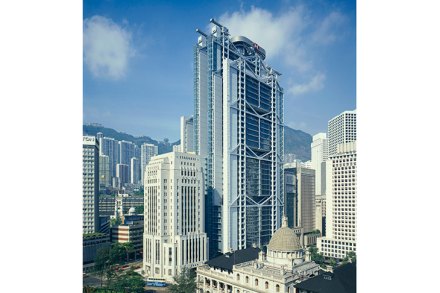Pot heads
A friend of mine once owned a vase by the potter Hans Coper — until, that is, her teenage son had his friends around for a party. It wasn’t clear who knocked it off the shelf, but it was an expensive accident; a similar Coper pot sold last month at auction for almost £400,000. But then the tricky thing about studio pottery is where to put it — in more senses than one. It isn’t just whether it will be safer on the mantelpiece or in a cupboard. There is also the problem of how to categorise the stuff: is it art or is it craft, and what’s the difference?




















